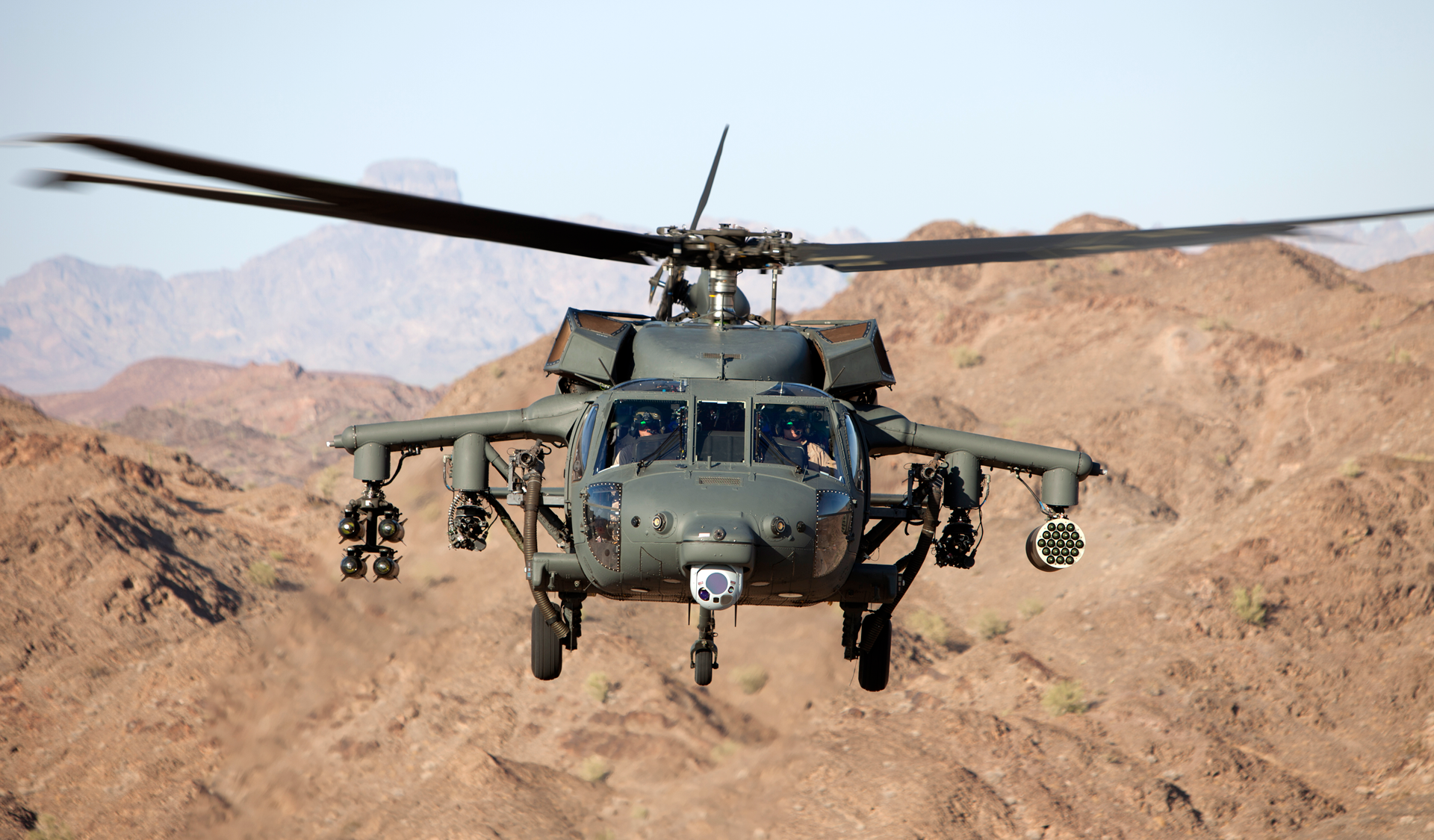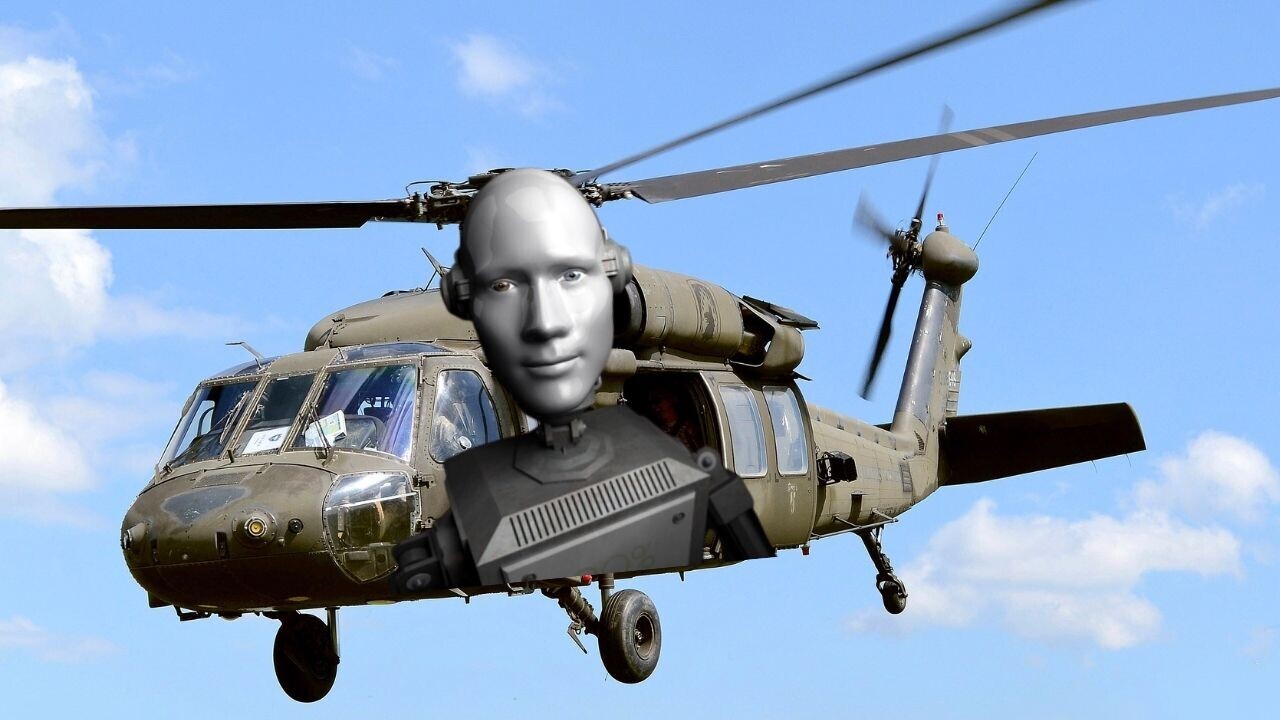Exactly How the Blackhawk Helicopter Gives Unrivaled Performance in Challenging Atmospheres
Exactly How the Blackhawk Helicopter Gives Unrivaled Performance in Challenging Atmospheres
Blog Article
Discovering the Thrills and Innovations of the Blackhawk Helicopter
The Blackhawk helicopter stands as a testament to army aeronautics's evolution, merging technical developments with practical applications. What lies in advance for this iconic aircraft, and exactly how will emerging innovations form its future in army operations?
History of the Blackhawk Helicopter
Considering that its beginning in the 1960s, the Blackhawk helicopter has played a critical duty in contemporary army aeronautics. Developed by Sikorsky Aircraft, the UH-60 Blackhawk was designed to meet the U.S. Military's demand for a flexible energy helicopter with the ability of carrying out a range of objectives, including troop transport, medical emptying, and freight airlift. The design was a feedback to the constraints of earlier helicopters, particularly in terms of survivability, speed, and ability to move.
The Blackhawk made its first flight in 1974 and quickly went into solution in 1979. Its intro noted a substantial development in helicopter modern technology, including a two-rotor system that enhanced performance and stability. The aircraft's tough building and advanced avionics allowed it to operate effectively in diverse atmospheres and conditions.
Throughout the years, the Blackhawk has actually been continuously updated, including lessons gained from different fight circumstances. Its deployment in problems such as the Gulf War, Somalia, and the War on Horror more solidified its track record as an indispensable property. The Blackhawk's tradition is defined by its adaptability and durability, making it a foundation of armed forces air travel for decades.
Trick Features and Specifications
The Blackhawk helicopter is differentiated by its durable style and progressed technical features, which collectively boost its functional capacities. Made primarily for energy objectives, the Blackhawk boasts a maximum launch weight of roughly 22,000 pounds, permitting it to bring substantial payloads while keeping agility.
Equipped with 2 General Electric T700-GE-701C engines, the Blackhawk achieves an optimal speed of around 183 knots and a variety of 368 maritime miles - Blackhawk Helicopter. Its modern rotor system includes a four-blade main blades and a four-blade tail blades, making sure stability and ability to move in numerous flying problems
The helicopter's cabin can fit as much as 11 soldiers or various cargo arrangements, showcasing versatility in objective accounts. Additionally, the Blackhawk is made with innovative avionics, consisting of digital trip controls and an extensive cockpit screen, boosting pilot situational awareness.
For improved survivability, the Blackhawk includes ballistic shield and self-sealing fuel storage tanks. Its capacity to operate in diverse environments, from deserts to icy terrains, additionally strengthens its reputation as a trustworthy platform for military and humanitarian operations alike. The Blackhawk's mix of power, convenience, and resilience makes it a cornerstone of modern aerial capacities.
Innovations in Modern Technology
Innovations in innovation have considerably enhanced the capacities of the Blackhawk helicopter, guaranteeing it continues to be at the leading edge of armed forces aviation. Among the most remarkable innovations is the combination of sophisticated avionics systems, which provide boosted situational recognition through real-time information processing and display. This technology permits pilots to navigate complex settings better, enhancing mission success prices.

In addition, the intro of electronic fly-by-wire systems has actually reinvented the control systems of the Blackhawk, offering smoother handling and boosted responsiveness. click resources These systems facilitate innovative ability to move, vital in high-stakes situations. Advancements in interaction and networking innovations enable smooth coordination amongst systems, enhancing total operational performance. Collectively, these technical improvements ensure that the Blackhawk helicopter continues to be a vital possession in modern-day armed forces procedures.
Duties in Armed Force Operations
With advanced modern technology enhancing its abilities, the Blackhawk helicopter plays a multifaceted role in army operations. Mainly, it is utilized for army transport, enabling fast implementation and removal of employees in different battle circumstances. Its spacious go to this web-site cabin can accommodate as much as 11 soldiers, making it an important property for large objectives and unique procedures.
In Addition, the Blackhawk works as a medevac platform, equipped to carry injured soldiers swiftly and successfully from the combat zone to clinical centers - Blackhawk Helicopter. Its versatility encompasses logistical support, where it carries products and devices important for maintaining armed forces procedures in remote locations

The helicopter is likewise instrumental in reconnaissance goals, giving airborne security and intelligence-gathering capabilities. Its capacity to run in diverse environments-- varying from urban settings to severe surfaces-- more strengthens its value on the field of battle.
Additionally, the Blackhawk can be furnished with advanced weapons, enabling it to involve in fight and give close air support. This adaptability emphasizes the helicopter's integral function in contemporary military approaches, making it a crucial component of militaries worldwide.
Future Developments and Innovations
Advancements in innovation assurance to usher in a new era for the Blackhawk helicopter, boosting its capabilities and operational performance. Future developments for the Blackhawk may consist of enhancements in avionics, such as sophisticated trip control systems and boosted situational awareness devices powered by fabricated intelligence.
Additionally, the assimilation of unmanned systems is on the horizon, possibly permitting manned-unmanned teaming operations that can broaden goal accounts and reduce threat to employees. The Blackhawk's layout is also expected to incorporate lighter and stronger materials, improving fuel efficiency and general performance.

Verdict
In find here final thought, the Blackhawk helicopter stands for a significant accomplishment in armed forces aviation, identified by its flexibility and progressed technological attributes. Its historic advancement reflects a regular feedback to operational needs, improving capabilities in different functions such as army transportation and medevac procedures. Ongoing advancements, consisting of the assimilation of artificial intelligence and hybrid-electric propulsion, promise to additional enhance the Blackhawk's performance and importance in future army involvements, ensuring its condition as a necessary possession on the combat zone.

With advanced technology improving its abilities, the Blackhawk helicopter plays a complex function in military operations. (Blackhawk Helicopter)
Report this page